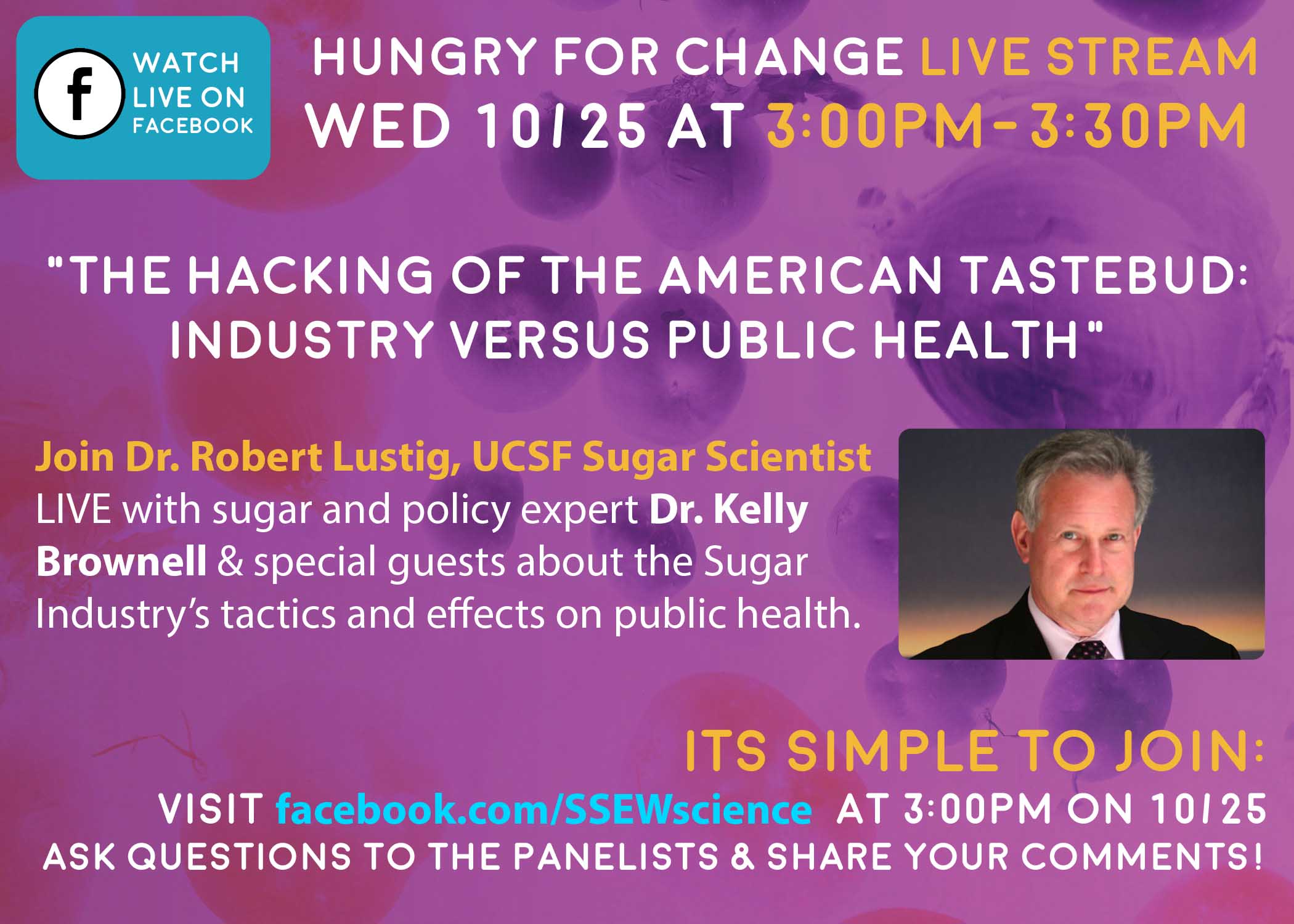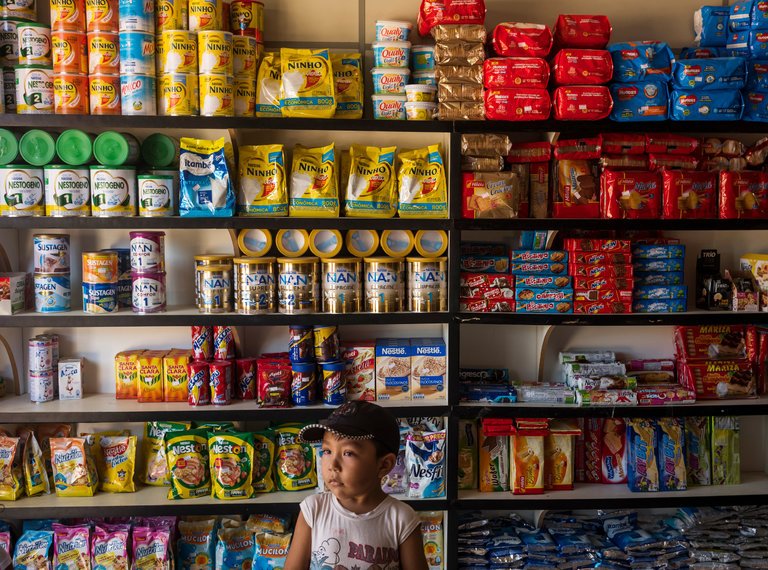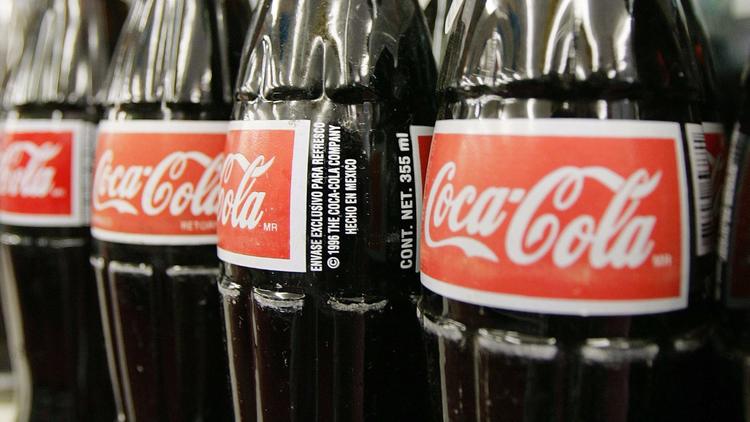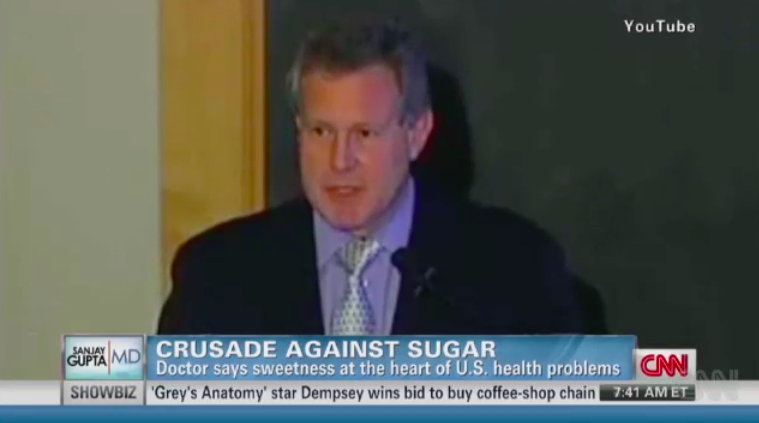

There are many connections between food insecurity and metabolic disease. Dr. Lustig actively supports movements around the world to combat the impacts of irresponsible food industry practices that affect all populations, especially those on low income who are typically experiencing many stressors that impact their food security and nutrition. Here are a few examples of efforts in this area.
The Hacking of the American Tastebud: Industry Versus Public Health
Dr. Robert Lustig, UCSF Sugar Scientist LIVE with sugar and policy expert Dr. Kelly Brownell & special guests about the Sugar Industry’s tactics and effects on public health.
See the live Video:
Dr. Robert Lustig
Website: www.robertlustig.com @RobertLustigMD
Twitter: https://twitter.com/RobertLustigMD @robertlustigmd
Facebook: https://www.facebook.com/DrRobertLustig/
LinkedIn: https://www.linkedin.com/in/robert-lustig-8904245/
Dr. Kelly Brownell
Duke University
Website: https://sanford.duke.edu/people/faculty/brownell-kelly-d
Twitter: https://twitter.com/Policy_360
Breanna Hawkins
LA Food Policy Council
Website: http://goodfoodla.org/lafpc-staff/breanna-hawkins/
LA Food Policy Council Twitter: https://twitter.com/GoodFoodLA @GoodFoodLA
Dr. Cristin Kearns
Asst Professor at UCSF
Website: http://profiles.ucsf.edu/cristin.couzens
Big Food and Rising Obesity in Brazil
How Big Business Got Brazil Hooked on Junk Food
Mexico's soda tax will save 18,900 lives and more than $983 million over 10 years
A new estimate of the health impact of soda taxes in Mexico sheds some light on what’s at stake in ballot measures coming to a vote in three Bay Area cities and Boulder, Colo. next week. In cases of heart disease and diabetes averted, the model suggests that, in Mexico, those levies are on track to save close to a billion dollars and powerfully improve lives.
After a tandem run-up in consumption of sugar-sweetened beverages and obesity, Mexico has become one of the fattest countries on Earth. In 2014, it adopted a 10% excise tax on the sale of sugary drinks.
The beverage producers claimed that soda taxes would do little to reduce consumption. But market surveys show that Mexicans reduced their purchases of sugar-sweetened beverages by an average of 6% in 2014 per household.
And by December 2014, that drop in purchases was at 12%.





